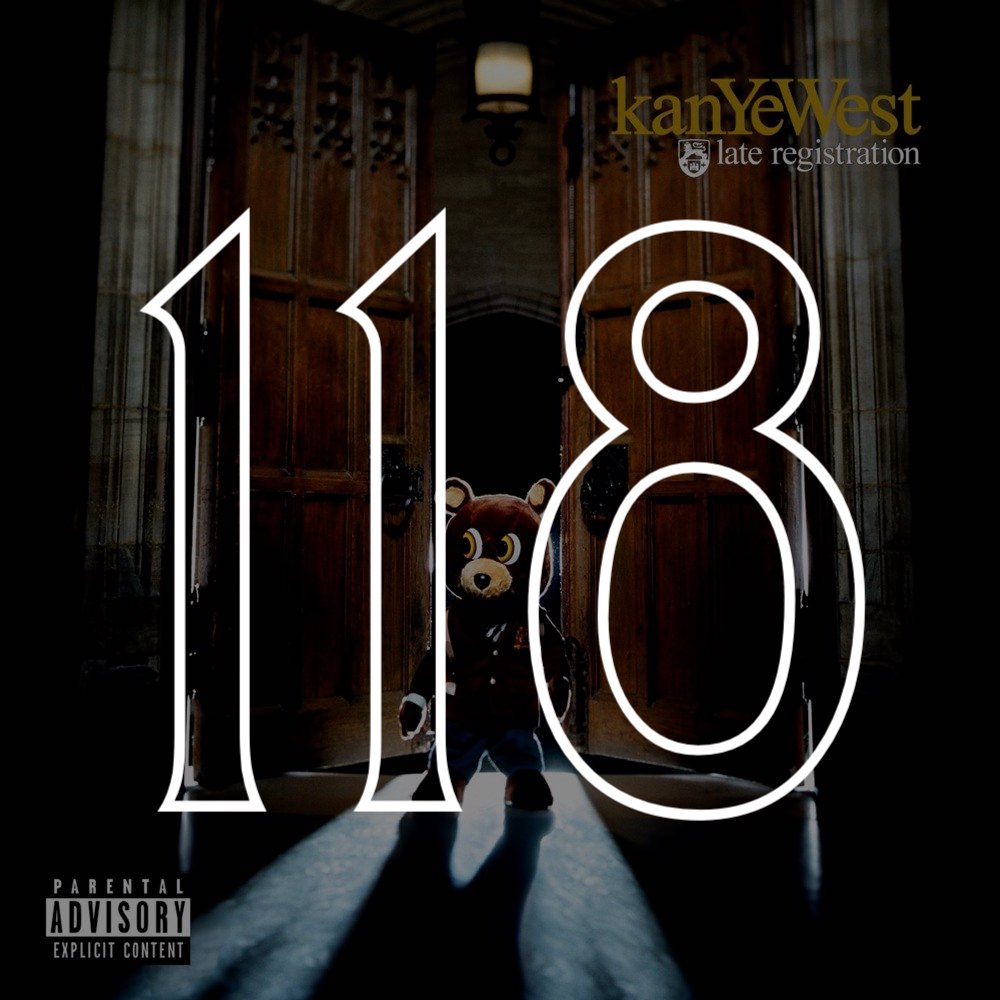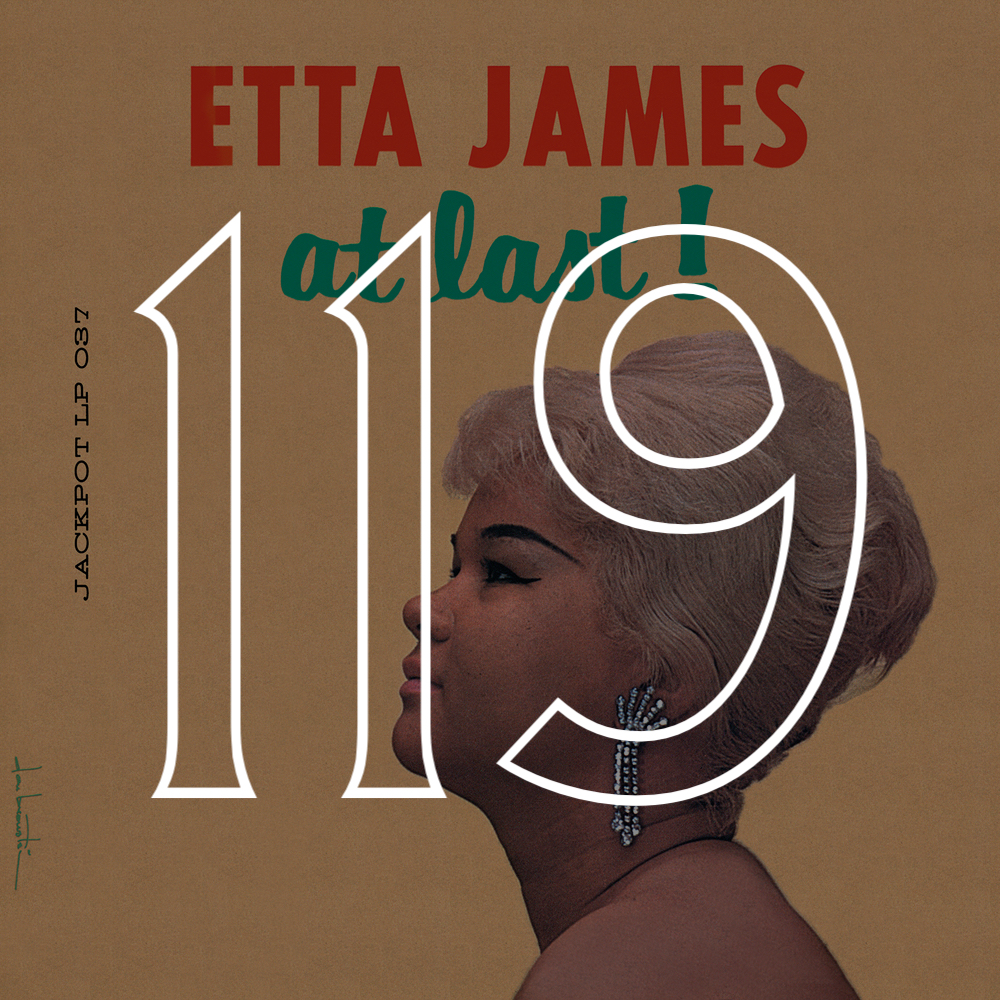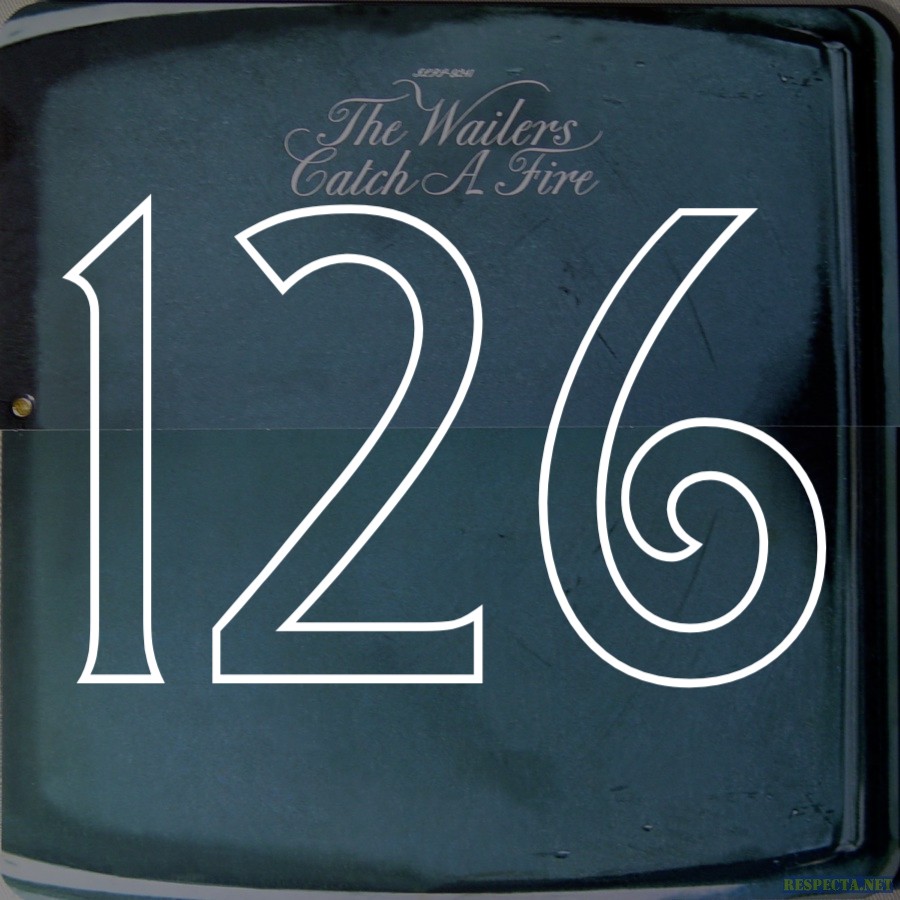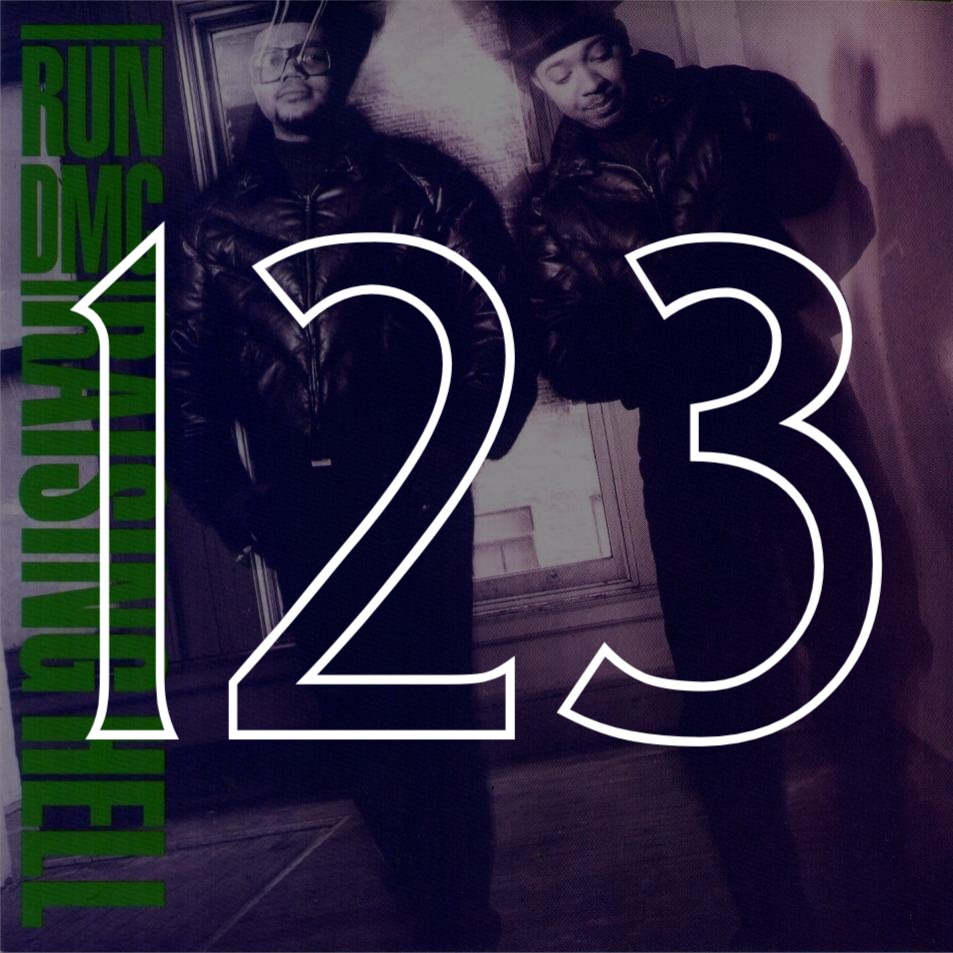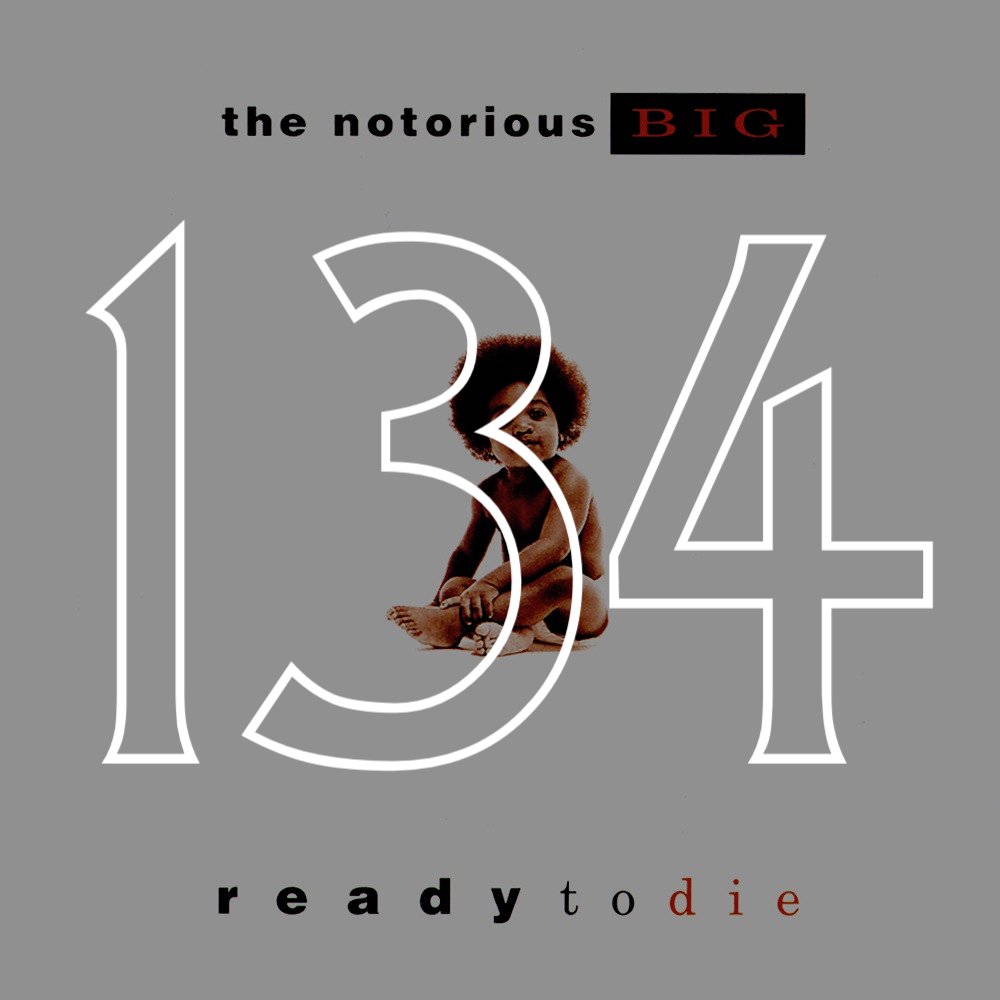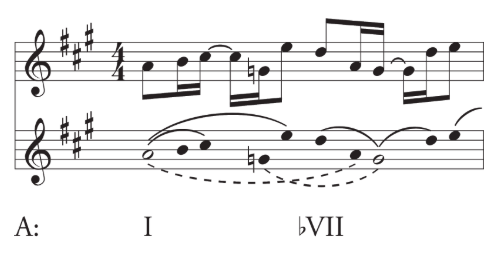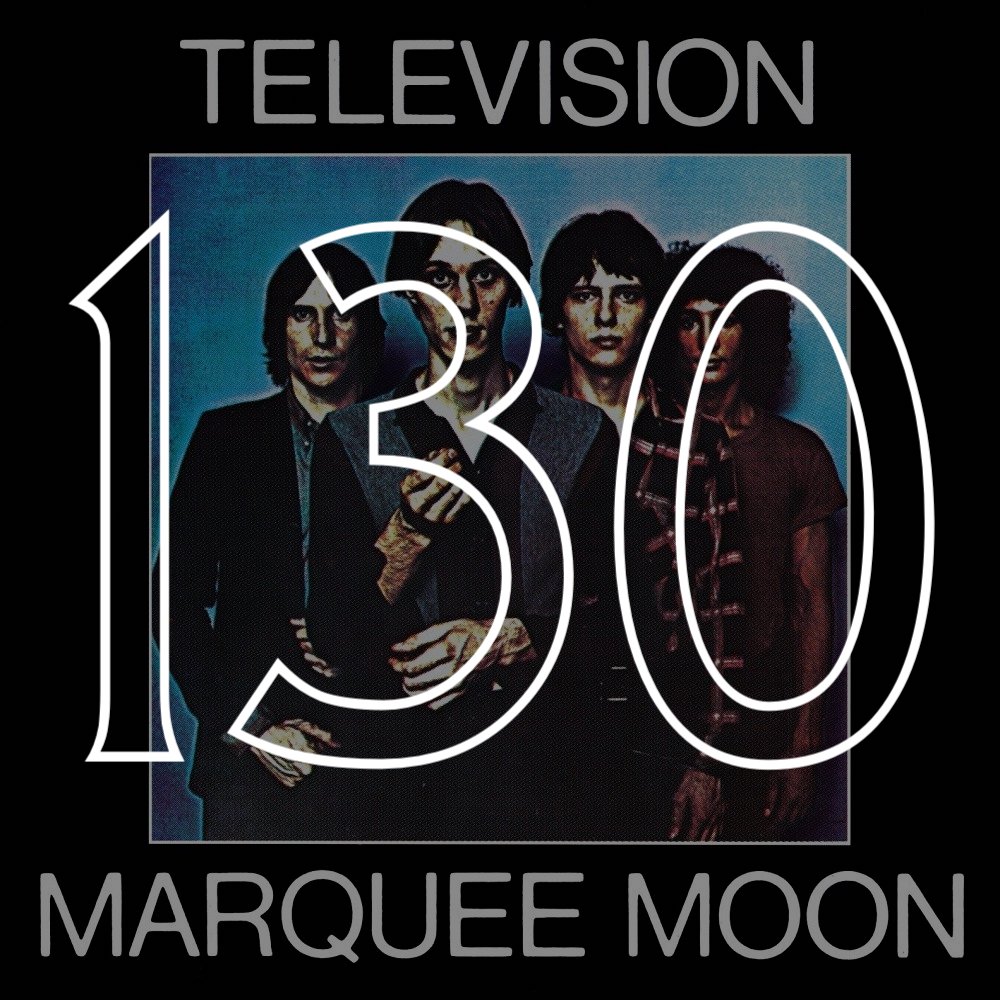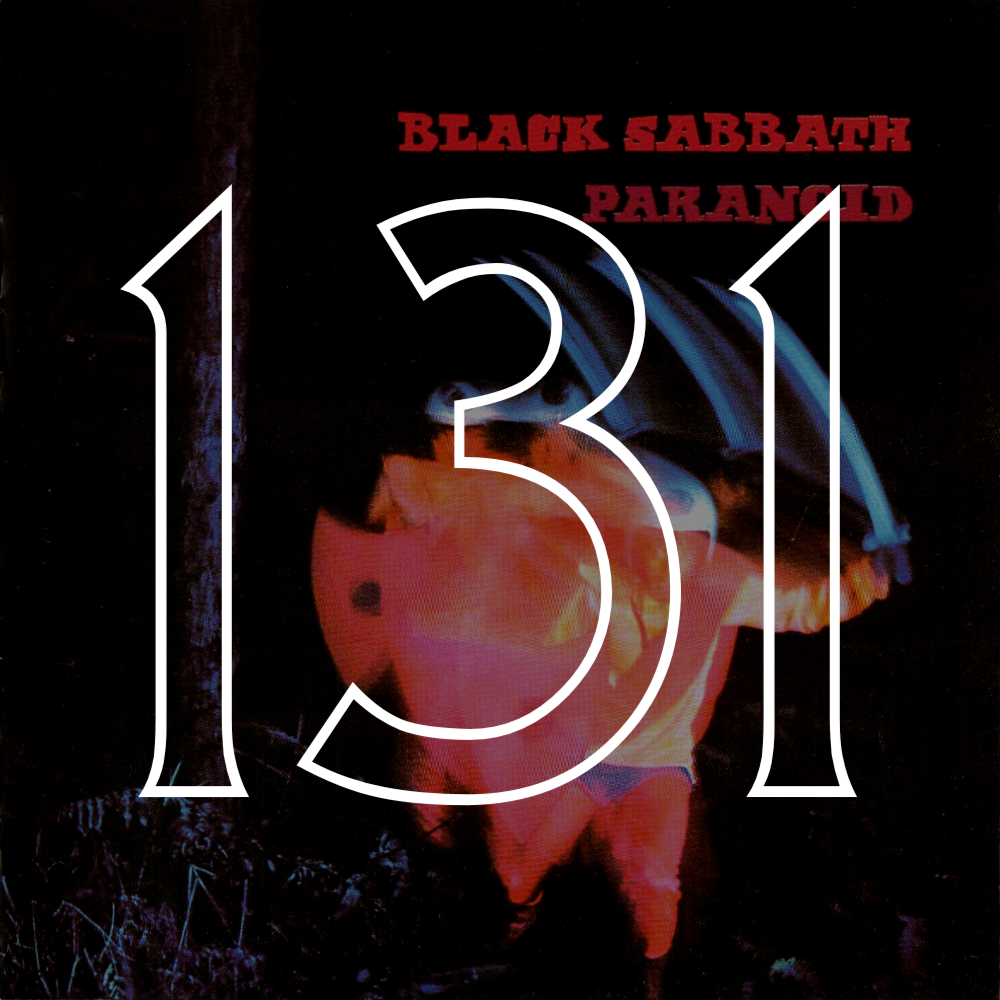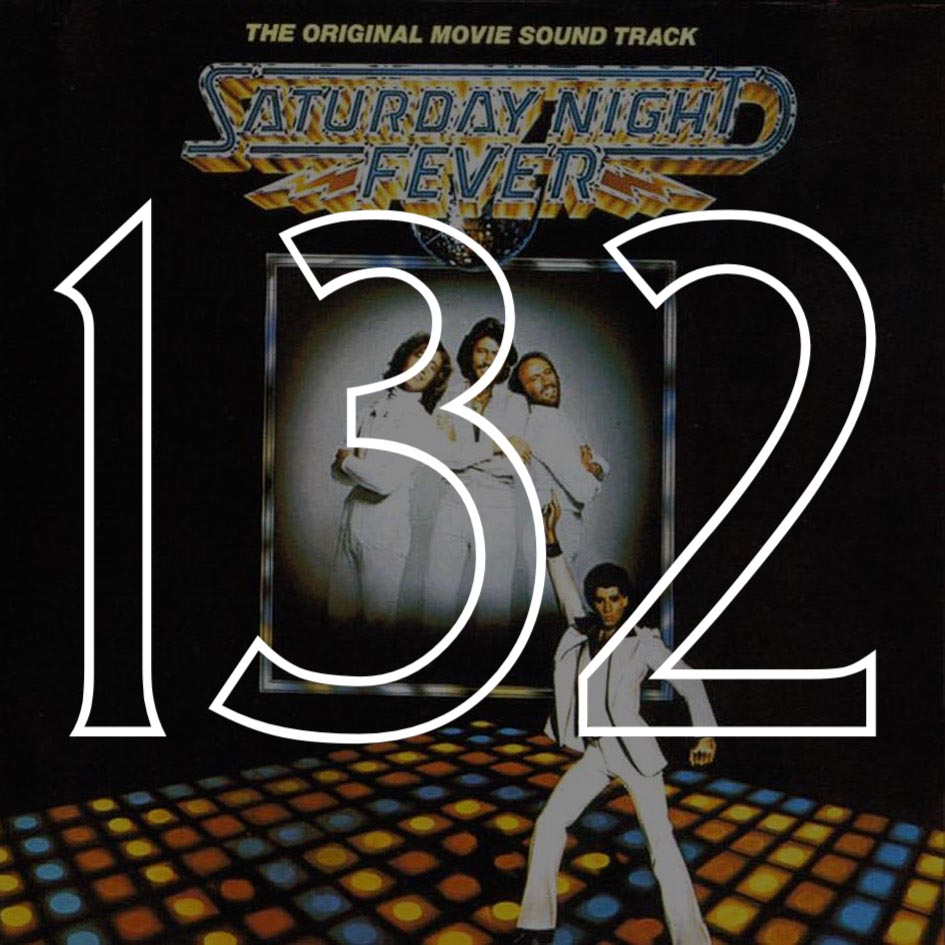A theme as old as time, or at least old enough for rock and roll, is that of unrequited love. What that means in 2018, broadly, isn’t what it meant a decade prior, which is, unfortunately, a lot of what you’ll read about shortly, nor what it meant in 1970, but love without return is love without return, no matter the time or age. That Eric Clapton was trying to steal the wife of a Beatle, George Harrison, however, is the kind of hubris that straight white men aspire to without fail, up to and including in 2018. What that created is an incredible document of poise under duress and faith in an idea, more than anything else. What that created was Layla and Other Assorted Love Songs.
What can anyone do to distract and enchant someone else long enough to fall in love? It’s a question Eric Clapton and I have both pondered for longer than I, at least, care to admit, but he managed to turn out a nearly-ninety-minute epic of a record once upon a time that said more for that than most people say deliberately in the entirety of their lives. I once believed in this record more than I believed in anything, short of God at least, and even then I knew some god was on this record, played on this record, and held a truth I’ve never stopped trying to find.
With Layla, we have to start at the beginning, which actually means starting with the thirteenth and penultimate track on the record that didn’t teach me how to love, but did teach me quite a bit about how to be sad about love, which is a hell of a thing for a teenager to learn from an Englishman with a heroin addiction that he doesn’t, nor will ever, know.
You never really hear “Layla,” the title track, for the first time. Or, at least, I didn’t, and I can’t assume many of my contemporaries—that is to say, white, suburban, American-born kids with Boomer parents and, as a result, a predilection for the electric guitar and its varied heroes—did either. We sort of absorbed it, whether from FM radio, in our dads’ garages or from the many, relatively family-friendly reruns of Goodfellas on AMC, if not all three.
So it’s there, from the earliest time, inhabiting your brain in a pervasive way. Even among the many male-slanted, forlorn flex bombs of the classic era, “Layla” is unique; the basis of its Albert King-inspired, Duane Allman-created hook and chorus is a relatively standard chord progression, but the verse progressions comprise a splash of creativity akin to the various bits of not-direct-blues found elsewhere on the record.
Those, and the words inside of them, are why Eric Clapton gets the writing credit for the first section, I guess, never mind that Allman cranked out an absolutely all-time, fuzzed-out riff on Clapton’s behalf before stealing the song entirely with his nigh-dog whistle slide solo. Noel Gallagher of Oasis once said of John Entwistle’s bass solo in “My Generation” that “if you could write it into words, that’s what you’d have on your gravestone.” As soon as I heard that, I knew that’s how I felt about Duane Allman’s slide solo on “Layla.”
It is telling that Clapton leaves the final word on the solo to Allman, the greatest slide guitarist ever and a man who would be dead within a year of the record’s release, courtesy of a motorcycle accident. Maybe Clapton felt that he had nothing more to give with the song, that the lyrics and chords were all he could bear to shoulder.
That Allman could pick up so seamlessly where Clapton left off no doubt had something to do with having digested John Coltrane’s brilliance within the confines of the first great Miles Davis quintet. The whole album is representative of that, reflecting Davis’ insistence that Coltrane accompany him on a final European tour before leaving the group. Clapton knew he needed to be pushed. Allman knew how to adapt. Having someone like Duane Allman in your arsenal is as good a support system as you’re bound to find in music, with all due respect to Art Garfunkel and U-God.
“Layla” is, with more due respect to Lou Reed, the single greatest representation of heroin addiction in rock music that anyone has ever conceived. Credit to Clapton for the chords and heart-wrenching lyrics; credit to the vocal melody from Albert King’s “As The Years Go Passing By” for inspiring Allman into action on the guitar riff; and credit to Duane himself for playing a guitar solo that made you feel like you were being painted into the Sistine Chapel by a Bob Ross happy accident.
Duane’s slide solos—both of them, and we’ll get to Jim Gordon’s piano section momentarily—are perfect, although the first is so frantic, so manic, and so fraught with all the things you expect drugs to do to you if you’ve never done any. The second is far more deliberate, like apologizing to your mom after coming home so late that it’s early. Allman doesn’t take you on a roller coaster ride, although that’s frightening enough; at this point, you’re skydiving with Skydog.
On the piano section—that’s what you hear in Goodfellas, accompanied by a montage of people killed in seeming glee, or for not particularly good reasons. It is unfortunate, then, that the beautiful passage of music came courtesy of Gordon, the Dominos’ drummer and a lauded session player with, among others, George Harrison, the Beach Boys, and Joe Cocker. Gordon’s undiagnosed schizophrenia led to him murdering his own mother, a tragedy far beyond anything described here.
*
If you’re lucky, or stupid, or both, you decide to delve deeper. It’s the great tragedy of music that the things you like often beget you listening to things you despise, but fortunately, the entire Layla record is expertly produced and engineered, with Tom Dowd and a host of behind-the-scenes folks creating a uniquely of-its-time, of-its-place atmosphere in Miami’s Criteria Studios.
I was, if I had to guess, fourteen or fifteen years old the first time I willingly chose to spin Layla in its entirety, sitting in the front office of my parents’ house in South Carolina, wasting time on addictinggames.com and Candystand while avoiding trigonometry homework. Around that time, I’d fancied myself a latent guitar god-in-waiting, the one who could revitalize blues rock if only he could convince the masses of its obvious perpetual relevance to everyone’s lives.
I’d seen Jimi Hendrix’s Woodstock performance a few years prior to that and returned to the guitar, an instrument I’d learned previously via Green Day, Smashing Pumpkins and Blink-182 jams, with opened eyes. I learned and re-learned blues scales, running up and down the fretboard of my Squier Strat for hours on end, eventually purchasing an Epiphone Les Paul and a Marshall half-stack and committing myself to being the guy in my town’s blues rock musical scene, which—well, you’d be forgiven for thinking that any town in South Carolina had a terribly burgeoning blues rock scene circa-2008, but there we were anyway.
In engulfing all of this, I eventually traced my way to Clapton, first through Cream, the Yardbirds, and John Mayall’s Bluesbreakers—the first album I ever learned to play all the way through, because Clapton was god—and then, eventually, to Derek and the Dominos. Of course I’d known “Layla,” in both its electric and acoustic forms, for the reasons listed above, but with the surface-level knowledge of Duane Allman in the back of my mind as well, I was ready to embrace the album with a different lens.
*
Clapton sets the tone by leading into the first track, “I Looked Away,” with country flavor; so many classic country and outlaw country songs, dealing with themes similar to Layla’s, have a comparable inflection. “I Looked Away” could have easily been a George Jones song, despite it being Clapton’s and Whitlock’s own.
My dad has always loved “Bell Bottom Blues,” and I’ve never been sure why he liked that one more than others. It has weird timing, oblique lyrics, and uncertain syncopation on a record chock full of straight-sounding blues and rock jams; on second thought, maybe I just figured it out for myself.
“Keep On Growing” is as close to a party track as you’ll encounter on this album, the first of many that feel like Clapton is trying to liven the mood while being a bit uncertain on how to go about doing that. I once played guitar in front of my friends, my crush, and my parents in high school “reluctantly,” when I knew it was exactly what I wanted to do. It didn’t turn out as well as this song.
Again, Clapton seems to have positioned the songs so that Duane Allman wouldn’t show up until the fourth track, “Nobody Knows You When You’re Down and Out,” and it’s a cover, no less. It seems a bit as though Clapton is proving himself to you, the listener—which, Patty Boyd is the only intended audience, to him, in 1970, so thanks for showing up, Slowhand—before breaking out Duane, a kind of human magic trick.
Lest you think of Duane as a gimmick, though, the man hangs around for the remainder of this gigantic album. Clapton, for all his individual clout, value, and influence, especially up to that point, was always at his best when surrounded by challengers of the highest order. Cream originally maximized what the Yardbirds and Bluesbreakers had cultivated, yet the story of Hendrix blowing Cream off a London stage during a version of “Killing Floor” (which is entirely believable, if you’ve ever seen Hendrix’s rendition at Monterey) proves that Clapton had to find more in the tank.
Duane Allman, however, is his best-documented and most complementary rival on guitar: by this point, Clapton had abandoned his Gibson-plus-Marshall setup for a Fender Stratocaster, when he could be bothered to play at all, leaving Duane’s Les Paul to take up the throne as one of the most recognizable timbres in Western pop music of the twentieth century.
*
“I Am Yours” is taken from the story of Layla and Majnun, the former of whom is the album’s namesake, an Arabic tale of forbidden love. In it, Majnun—the Arabic word for “a person driven to madness”—falls in love with Layla when they are both young, but her father forbids the marriage. After she is married to a man of wealth and high cultural status, Majnun wanders the desert, sometimes scrawling poetry in the sand in her name. Layla dies of heartbreak; Majnun dies near her grave. It’s a real barnburner.
As a young man in high school of social circles more aspirational than actual, particularly in the pursuit of the opposite sex, the album, and the story behind it, lent itself to the kind of bad poetry and talent show exceptionalist bullshit you’d expect. It drove me crazy, or felt like it drove me crazy as a sixteen-year-old, that I could be who I thought I was and not attract the kind of people, both romantically and otherwise, that I thought would come running, but then, Clapton was on heroin, which I very much was not, and felt the same way about Patty Boyd, so maybe I just needed to sleep more in high school.
“Anyday” is one of the great non-Allman Brothers triumphs in classic rock-era dueling guitars. No tone, not even Clapton’s beloved “woman tone” from the Cream days, has ever sounded like Allman’s Les Paul does here, and his pre-chorus raucous, when the participants are told to believe in each other, is one of the purest moments of ecstasy the genre has ever produced, even with a crew as Caucasian as the Dominos perpetrating the act.
Ever the self-styled blues purist, it would’ve been unbecoming of Clapton not to have given a song like “Key to the Highway” an earnest shot. The fade-in from out of nowhere, the randomized (and sometimes incorrect and/or incomplete, which is representative of the folk story origins of plenty of blues songs anyway) lyrics and overall production, again coming courtesy of Tom Dowd, give this the feel of the nicest, most easygoing—yet most musically-proficient—blues bar jam you’ve ever attended.
No surprise here, again, but Duane showed up to play, slide in hand. I love that Duane’s slide constantly sounds like it’s about to roll off the street and into the gutter, and I love that Clapton—heroin-infused, love-affected, and all—feels compelled to rise and battle Duane over the course of nine-and-three-quarters minutes. At this point, it starts to feel like he knows his shit is weak by comparison, guitar-wise anyway, but the overall product—including the desperation in his singing voice, a common theme on the record which rounds into form here—is so good that he can’t let go.
A good friend of mine, also a guitar player who is the most talented musician I’ve ever known personally, used to play the opening of “Tell the Truth” to me through a cornucopia of amps he hosted at any given time. “Tell me, who’s been fooling you?” is an excellent question for a blues song, and one worthy of the enquiry which “Whole lotta shakin’ now” at the chorus does not solve.
Again, Duane is in to save the day, his solo and subsequent fills acting almost as Clapton’s would-be woman, Boyd, defending her pride. It ain’t his right, nor does he do her any justice, but with Clapton not really standing to hear it right now, Allman does what he can, and it’s mega.
Similarly, “Why Does Love Got To Be So Sad?” is a great question for a non-alcoholic, non-heroin-addict, which Clapton was neither at this point. For Clapton, it is a literal question of feasible humanity: “Can I go on existing without the presumptive Layla’s love?” is presented plainly for perhaps the first time on the record.
The minor chord structure and feeling on the verses play into the major, uplifting chorus and solo sections during which it sounds like Clapton and Allman play off each other freely, in the style of an Allman Brothers record. Allman was in an uncompromising groove at the time.
*
I first knew of Freddie King as a direct result of “Have You Ever Loved a Woman?,” which I essentially forced my band in high school to record as an outlet for my frustration and anger as well as a direct channel for pity, had it turned out well. (It didn’t, although I must say that the drums and bass on that recording are fantastic.) King’s catalog is many-splendored and lends itself to copycat playing in a way that many other blues heroes’ do not, and for that, I have to thank both him and Clapton, in that order.
We recorded our version of the song via a Blue Snowball microphone, which we fed through a Macbook, leaving our amps in the drummer’s closed-door bedroom as a means of sound cancellation. We were never better, in my opinion, at least on record; we were often worse, but we were pretty good nevertheless.
That led to one of a few full-on fights that we got into, usually at the behest of my ego, because if you’re the guitarist in a power trio, you tend to have a lot of say. At that point, I wanted to, and felt I could, be Clapton himself, dictating everything because I had the loudest instrument a lot of the time. I was a “blues purist,” man, and I was going to get this right, even if it required belittling and passive-aggressively playing improper scales at the wrong times to get my point across.
I was an asshole, is what I’m saying, and while Eric Clapton didn’t teach me how to be that, Eric Clapton taught me how best to go about being that. Nobody—not my band, not the audience, not the ladies I pursued without warrant—deserved that, nor did Clapton’s targets here, but maybe we both felt like we needed it at the time. The best guitar playing I ever did, I would hazard a guess, was when we played with another guitar player, like Allman stepping up to Clapton, unencumbered and unaccustomed to the British blues scene, nonchalantly unleashing preposterous and unprecedented slide lines on a flustered and shook Clapton. You want to be the sixth millionaire in a group of five millionaires, right? Get you a Duane.
*
Anyway, this is as good a showcase of Clapton vs. Allman as there is on the record, at least until the title track, and even that plays out in deference to Allman. Duane plays sixteen bars at his full-throttled best, howling at various injustices in what I can only assume belong to the Georgian peach farming community, until Clapton comes roaring in, again trying valiantly (and failing) to prove his supremacy.
His effort on the back half of the track is immense, as is Allman’s response, this time without the slide. Not for nothing, there is also perhaps no better representation of the Gibson vs. Fender dynamic than this, at least in recorded rock music history.
I hate hearing the cover of “Little Wing,” featuring two of maybe the eight greatest guitarists below Hendrix in the pecking order, because Clapton allegedly intended it as a tribute to a living legend, having already bought a left-handed guitar for the man who had once blown him offstage.
The degree of respect that Eric Clapton—and, by extension-via-participation, Duane Allman—had for Hendrix is one of the things I admire most about both Clapton and the British blues rock scene of the mid- to late-1960s, which had profited so generously from oft-castrated covers of black musicians whose health was, at that present, failing, if they were lucky.
To wit: What follows is “It’s Too Late,” originally by the incomparable Chuck Willis. Here is a man who had the devil’s stomach ulcers but who also wrote several timeless songs, like “C.C. Rider,” and this one, most notably covered by these cats (again, with Allman shining brightest on the solo), Johnny Cash and Otis Redding. Buddy Holly, a paragon of rock and roll, did it too, by the way.
Because “Layla” leaves you feeling like you’ve just barely avoided a car accident and are sitting in the middle of an otherwise dead intersection, clutching your chest in effort to remember you are alive and therefore must breathe, “Thorn Tree in the Garden” exists. It’s a Bobby Whitlock showcase, and Whitlock has absolutely earned it, what with previously being Clapton’s and Allman’s lackey for over an hour.
The song’s musicality is compelling, and it’s exactly the brand of hangover relief that the band would’ve needed after recording an album as great as this. It’s a comedown of muted proportions from stupendous heights, a period at the end of an exceptionally bombastic sentence.
It isn’t lost on me that the album implies a certain degree of misogyny—it certainly feels like Clapton thinks he deserves Patty Boyd’s attention simply for making an album essentially entirely for her, and I do wonder what it was like when he played it for her in its entirety in 1970, before its release, expecting some kind of redemption—and then Boyd did marry Clapton, in 1979, eventually getting a divorce in 1988. As in the title song’s origin tale, not everything is meant to end in happiness ever after.
—Rory Masterson





